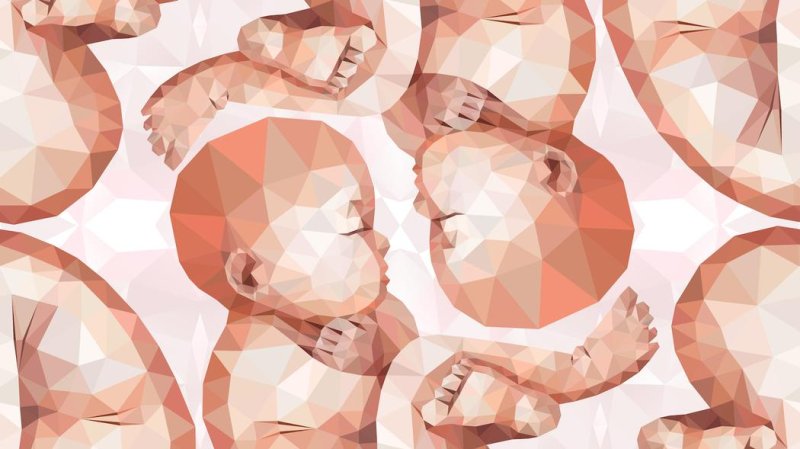[Editor’s note: Dave Gammon is an associate professor of biology at Elon University.]
Many feel a visceral dread that scientists have awakened a monster – Move over, Frankenstein; designer babies are the future! To others the news triggers a raw fascination that humanity will now make a great leap forward – Scientists can stamp out all remaining human diseases, and we will inherit the keys to immortality!
…
Some human embryos possess a mutated version of the gene [MYBPC3 that controls heart muscle development]. Mutant sequences differ by just a handful of letters – like a long essay with a few spelling errors. Whoever inherits the mutant sequence develops abnormally thick heart muscles – a condition that forms the leading cause of death among young athletes.
…
Researchers also succeeded in modifying just the targeted MYBPC3 gene without any “collateral damage” to other genes. In addition to last week’s study, CRISPR research on human embryos is taking place in the U.K., Sweden, and China.
…
If you are one of those reacting with revulsion, you should ask yourself not only, “What might result?” but also “What is likely to result?” The history of technology is replete with discoveries that initially sparked fear and terror, but ended up becoming routine components of human society.
The GLP aggregated and excerpted this blog/article to reflect the diversity of news, opinion, and analysis. Read full, original post: Learn the science before judging human genetic modification































